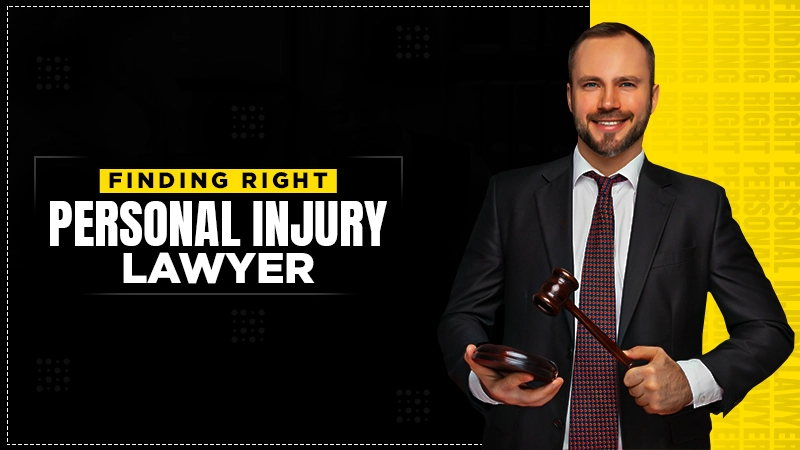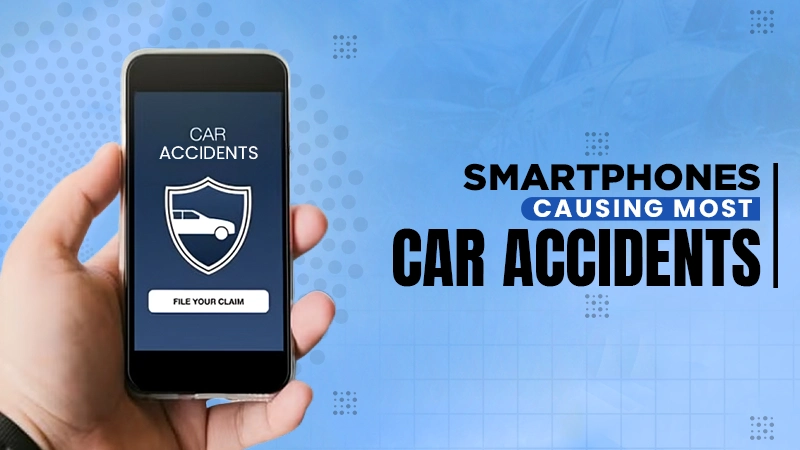Integrating AI and IoT in Healthcare to Build Intelligent and Connected Health Solutions
Jump To Key Section
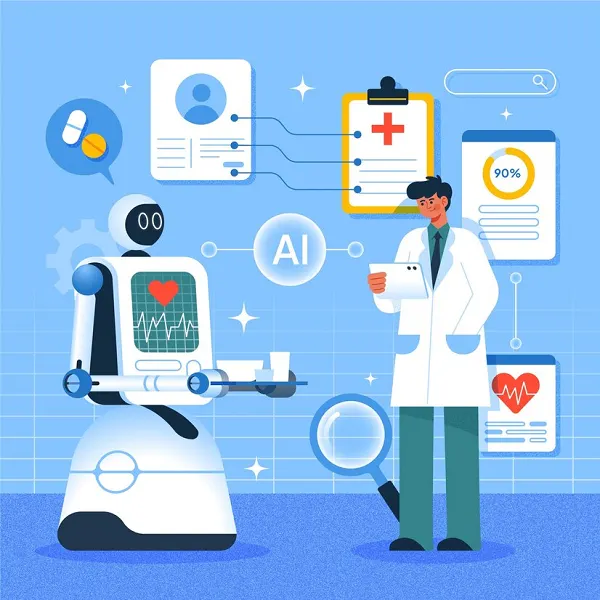
AI and IoT are the hot topics of the decade, and in the current business dynamics where everything seems so interconnected. A proper integration of these two technologies has the potential to bring waves in the industry.
One sector that is gaining the most out of this immense fusion of AI and IoT is healthcare. And, not only the improvements in the hardware technology but also the overall enhancement of wireless communication, which is probably the forefront of the industry.
From wearable devices like fitness watches to even technology provider to enhance overall patient engagement. Here’s how this integration has been bringing some intelligent health solutions to the industry.
The Role of AI and IoT in Healthcare
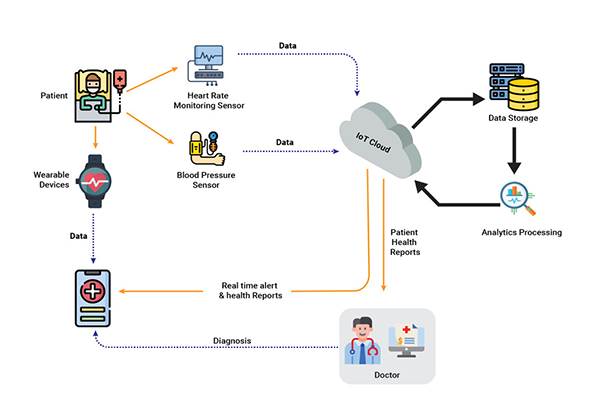
Imagine a healthcare facility where every little health change is being monitored in some highly advanced machines and every minute detail is getting acted upon. And, this is exactly what the fusion of AI and IoT is going to do in the healthcare sector.
But what exactly is the need for combining AI and IoT in healthcare?
AI and IoT are meant to be for each other, where advanced AI algorithms can help IoT collect a large volume of data that can be further used for patient care. This fusion can help reduce the administrative burden of the healthcare staff. This allows medical staff to be more consistent with the patient, following a more patient-centric approach. So, here take a look at some of the most common uses of AI-enabled IoT:
- A proper tracking of all the medical inventories, patients, and staff.
- Systematic management of the chronic disease.
- Some significant cut-offs in the waiting time outside the emergency rooms.
- Healthcare facilities even in remote places.
- An enhanced system of drug management.
Do You Know?
According to a research article published by Healthcare IT News, 63% of the members said that AI and machine learning (AI/ML) are already making waves in the specialist care areas of generic pharmacy, radiology, and pathology.
Enhancing Patient Care Through Intelligent Systems
AI and IoT are a perfect duo that is working at their best to revolutionize the healthcare industry as a whole. By combining the large amount of data generated by IoT devices along with some smart analytical skills of AI, we can gain some great insights into patient health. That is again sure to deliver more personalized and enhanced patient care.
AI devices are well-versed in analyzing the data, whether it is by interpreting the medical images of X-rays and MRIs or detecting the early signs of some concerning disease by leveraging advanced AI tools. This can help the patient get the best medical treatment they deserve by analyzing their overall characteristics and medical tracks.
On the other hand, IoT devices can help maintain exact monitoring of the medical inventories to reduce the wastage in the facilities, while providing reminders to improve the patient outcomes.
Remote Patient Monitoring and Telemedicine
Another transformative approach in the healthcare segment is remote patient monitoring, which goes perfectly with some high-quality telemedicine services. This not only allows patients to receive optimal healthcare services in the comfort of their homes and enhances the overall patient outcome as they are in their comfort setting.
Streamlining Clinical Operations and Improving Efficiency
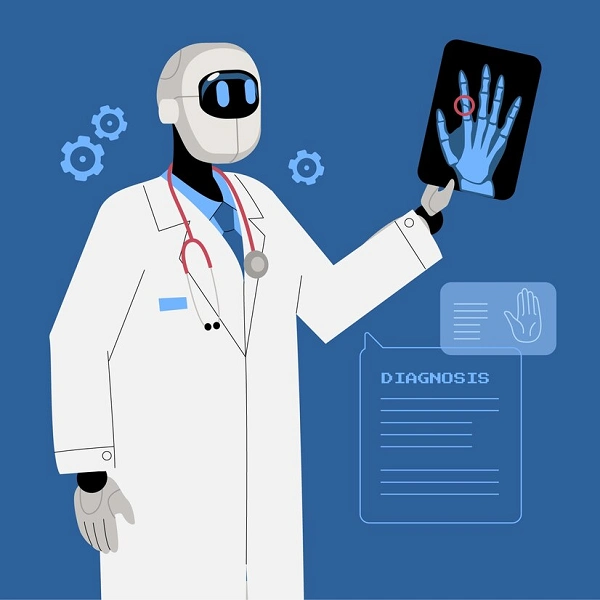
AI and IoT fusion can also be leveraged greatly in streamlining the overall clinical operations. Here take a look at some of the major examples:
- AI algorithms can be used to schedule patient appointments. This will not only reduce the time taken in the process but also improve patient satisfaction.
- This can also assist in improving the decision-making of clinicians by analyzing patients’ characteristics.
- IoT devices can help prevent any medication error in the clinic while tracking medical inventories.
Security and Ethical Considerations
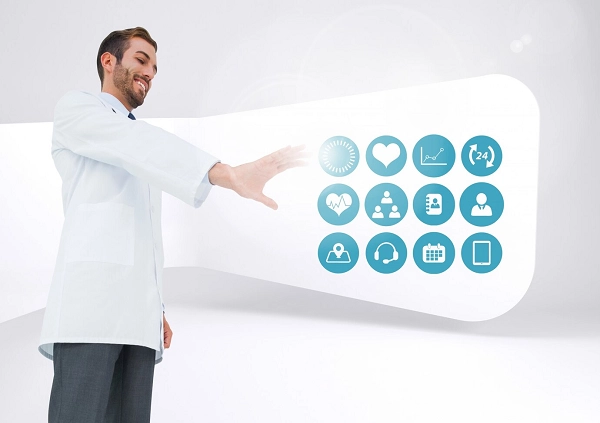
Although this integration of AI and IoT technology is indispensable in the healthcare sector, but it also possesses some of the major security and ethical concerns. Here take a look at some of them:
- AI algorithms may sometimes produce biased results, that can put the patient’s health at risk.
- This can also eliminate the patient’s own personal views, which may raise questions about their autonomy.
- These technologies are sure to automate certain healthcare tasks, leading to job replacements of healthcare professionals.
The Future of Healthcare: Intelligent and Connected Solutions
The future vision of healthcare is becoming a reality now thanks to these two advanced technologies. This future seems bright, that not only enhances the patient’s care but also enables healthcare providers to deliver the best of their services. So, by leveraging the integration of Artificial intelligence and the Internet of Things, we can ensure the creation of a healthcare system that is tailored to the patient’s requirements.
Conclusion
In closing, the fusion of AI and IoT technologies can help healthcare providers harness the power of large analyzed data that revolutionize patient care and improve the overall functionality of the services. And, as we explore the implementation of these major advancements, the future of healthcare is sure to be more enhanced and patient-centric.
FAQs
Ans: The AI and IoT duo in healthcare enables proper remote patient monitoring with a personalized treatment plan that greatly enhances the overall patient outcome.
Ans: IoT devices are often used to collect a large amount of data in healthcare. Along with its critical role in monitoring medical inventories and patient health.
Ans: AI has a range of uses in the healthcare segment, such as analyzing the patient’s data or providing an enhanced treatment plan based on their medical records.
Ans: AI and IoT devices are meant to be for each other, where IoT devices collect a vast amount of data, and AI algorithms are often used to analyze it.
